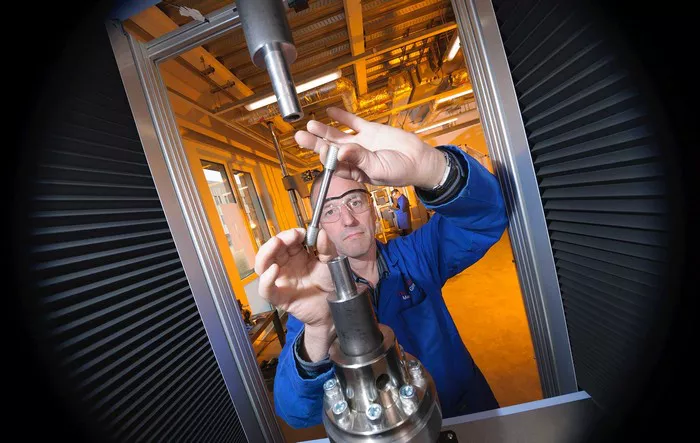The Uttar Pradesh government is considering a move to replace diesel-powered kits in tractors with compressed biogas (CBG) kits, a decision aimed at increasing local consumption of CBG and ensuring the economic viability of newly-established biogas plants in the state, according to sources familiar with the matter.
The initiative, which is still in the planning stages, seeks to create a stable demand for CBG by encouraging its use in agricultural operations. Tractors, a staple in rural areas, are seen as an ideal vehicle for CBG adoption, offering significant potential to drive up local demand for the alternative fuel. This, in turn, would help newly commissioned biogas plants break even more quickly.
“We are in discussions with the Department of Agriculture and other stakeholders to replace diesel kits in tractors with CBG kits, so tractors can run on CBG, creating more demand for this renewable fuel,” said Pankaj Singh, Secretary of UPNEDA (Uttar Pradesh New and Renewable Energy Development Agency) and Chief Project Officer. “The government is also considering providing subsidies or developing other financial models to support farmers in retrofitting their tractors with CBG kits.”
Currently, at least 25 CBG plants are operational in Uttar Pradesh, with several more in the pipeline. Ensuring consistent local demand for CBG is seen as crucial to the long-term sustainability of these plants. “By replacing diesel kits with CBG kits, we will help ensure the viability of these plants by generating local demand,” said Ajay Kumar, UPNEDA Project Officer.
This retrofitting plan aligns with the state’s broader strategy to promote clean and renewable energy while reducing dependence on diesel in the agricultural sector. Officials noted that regulatory permissions and technical evaluations are underway to ensure a smooth transition for farmers.
CBG, which is produced from organic waste and biomass, is a cleaner alternative to fossil fuels and is seen as key to addressing environmental concerns such as stubble burning. The transition to CBG is expected to help manage agricultural waste and reduce the environmental impact of farming.
“We are also exploring incentives to support the conversion of diesel-powered tractors to CBG-compatible engines,” Kumar added. Uttar Pradesh, which accounts for 24% of India’s total CBG generation potential, aims to produce 1,000 tons per day (TPD) of CBG by 2026-27, using over 418 million metric tons (MMT) of feedstock annually. This feedstock includes agricultural residue such as sugarcane trash, paddy straw, wheat straw, and maize straw, as well as organic waste, press mud, and animal waste.
The CBG produced in the state is utilized by oil marketing companies for CNG retail outlets, blended with domestic gas for industrial use, and for generating green hydrogen, supporting the state’s move toward a sustainable energy future.

